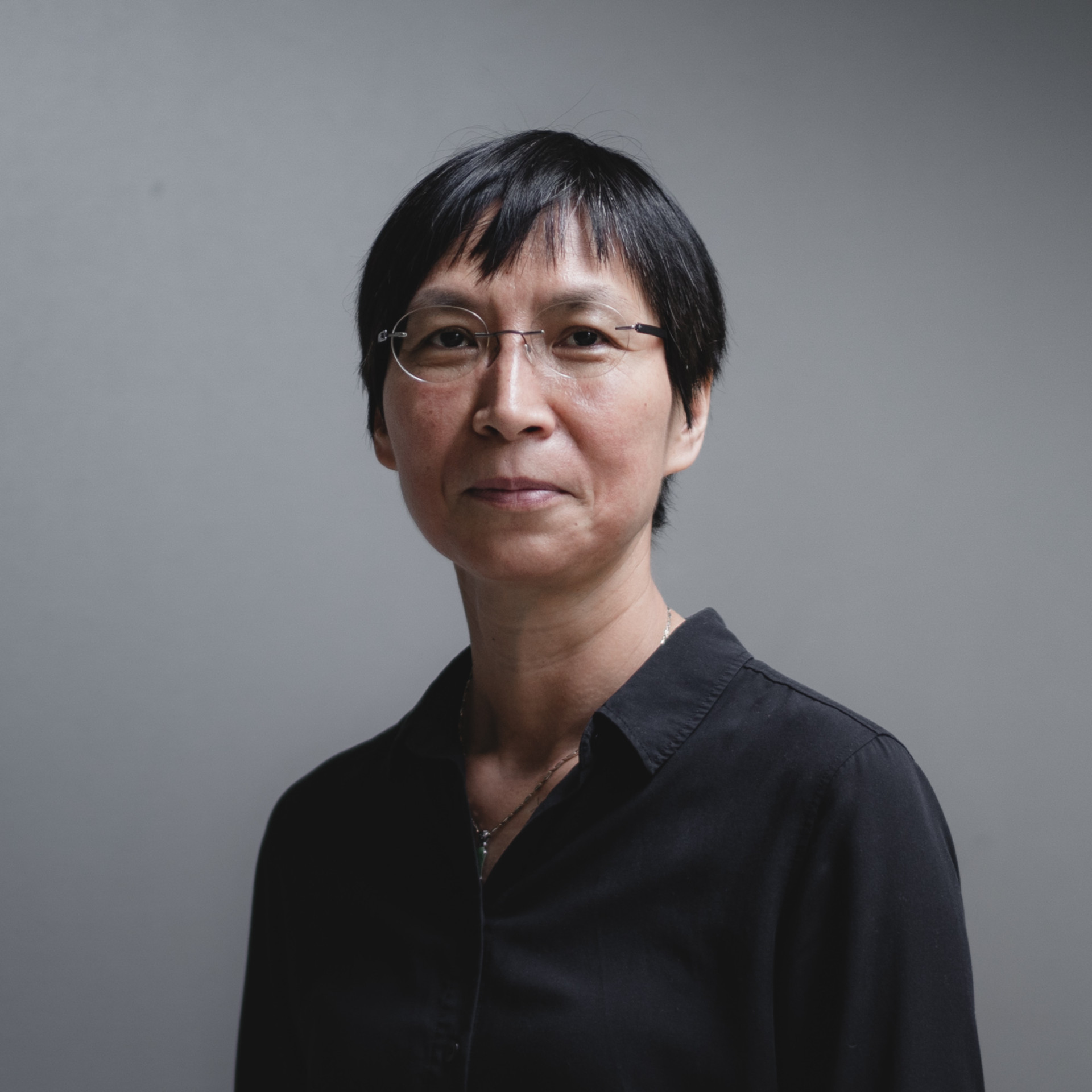 Design Research / Associate Professor
Design Research / Associate Professor
Education
Ph.D. in Computational Design, Carnegie Mellon University, Pittsburgh PA USA
M.S. in Architecture (Computer-Aided Design), California Polytechnic State University, San Luis Obispo CA USA
B.S. in Architecture, National Cheng Kung University, Tainan Taiwan
Experiences
Associate Professor of Architecture & Creative Industries Design
Director of University Art Center, National Cheng Kung University
Associate University Librarian, National Cheng Kung University
Executive Director, Association of Humanitarian Architecture, Taiwan
Expertise & Research Interests
Computational Design
Interaction & User Experience Design
Design Patterns & Knowledge
Digital Craft & Making
Transition Design
Architecture as Liberal Arts
Computational Design Research Laboratory
The CODE Lab research activities are in the areas of design and computational methodology with the fundamental emphasis of humanism. We seek to develop designs and technologies to address issues of people that are remote from, or unimportant to, the mainstream. We advocate embodied learning –– learning by doing and learning through making. We work with analog and digital mediums, natural and engineered materials, through methods of conventional and digital crafts. We stress computation as a matter of thinking.
Empowering artists with AI as tools vs. as mediums
Artificial intelligence technology has been part of our daily lives. It has become a tool employed by artists, as well as a subject of artistic inquiries. Artificial Intelligence Art and Artificial Intelligence Artists have become new terms recently. They brought serious discussions about the role of AI technology in the art creation process. Given that art is the best medium to bring public discourse about AI. We believe art students should all be trained with the tool of AI. We propose a practice-led research to investigate the art creation process with AI as tools versus AI as medium. In addition, we work with practicing AI artists to document and examine their AI-art creation process.
Issues of Practice-Based (Practice-Led) Research in Architecture
Architectural education in Taiwan is facing constant challenges. The education pedagogy is swinging with forces from technical advances, political situations as well as societal forces. With such swift changes, critical reviews should be conducted to ensure the teaching and research quality of architectural institutions. In light of recent worldwide trends, Practice-Based Research has been promoted by the government as new methods to academic research. This research argues that there is a need to know the current research landscape of design research in the field of architecture. We proposed a review research to conduct literature survey on practice-based research in Taiwan. We expect to produce a practice-based research manual to guide new researchers. In addition, we hope to form a community of practice-based researchers.
Exploring How Digital Fabrication Knowledge Informs Architectural Design
The advances of computing technologies have impacted design and manufacturing controls. There is a renewal of the arts and crafts movement with the influence of digital fabrication. Digital fabrication brings new possibilities into architecture: bridging the gap of design and construction. It also brings back the essence of architecture, arts and crafts, which has gradually been neglected for past decades. Digital fabrication is more than a technology; it requires new design thinking.
We propose to collect the knowledge about digital fabrication and design so that it may allow more people to understand and learn. Our research objectives are: (1) To collect, organize and encapsulate the knowledge about digital fabrication informed design using design patterns; and (2) Publish these design patterns on the web for the public to learn and to encourage collection of more knowledge of this type.



 Design Research / Associate Professor
Design Research / Associate Professor 